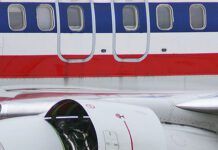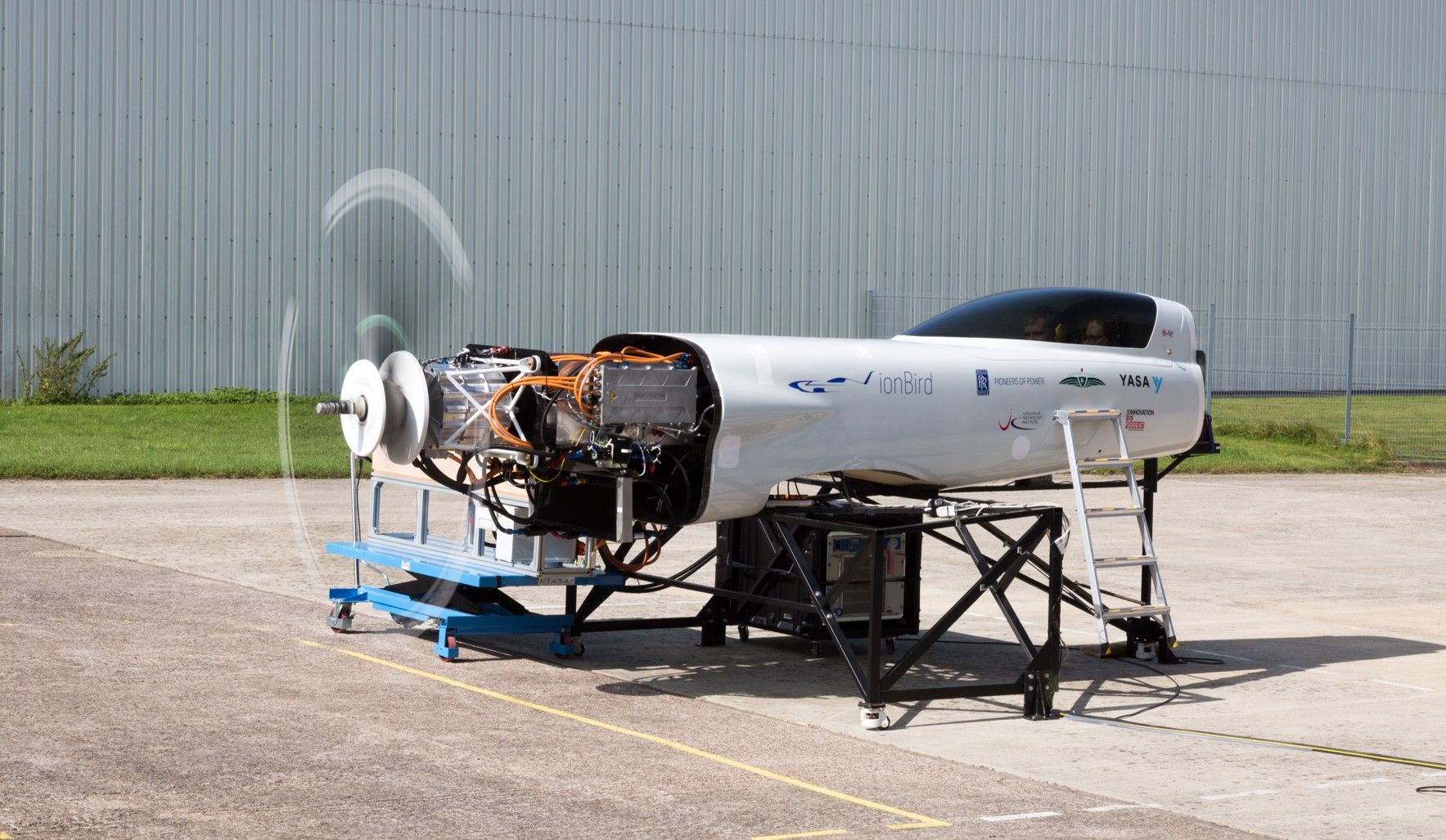Rolls-Royce announced on Thursday that it has completed ground testing on the propulsion technology for a demonstrator aircraft designed to be the “world’s fastest all-electric plane.” Testing was conducted on the company’s “ionBird” test airframe, which is a full-scale replica of the aircraft’s core. The project is part of the Rolls-Royce’s “Accelerating the Electrification of Flight” (ACCEL) initiative.
“The completion of ground-testing for the ACCEL project is a great achievement for the team and is another important step towards a world record attempt,” said director of Rolls-Royce electrical Rob Watson. “This project is also helping to develop Rolls-Royce’s capabilities and ensure that we remain a leader in delivering the electrification of flight, an important part of our sustainability strategy.”
According to Rolls-Royce, the aircraft—powered by a 6,000-cell battery pack running a 500-HP powertrain—will be capable of reaching speeds of over 300 MPH. It is expected to fly for the first time later this year with an official attempt at beating the all-electric flight world speed record planned for early 2021. As previously reported by AVweb, Rolls-Royce introduced the ACCEL electric aircraft project in December 2019.




































Electric NXT…should be fast. I wonder if Jon Sharp is lurking in the background of this potential record-breaker.
Pretty cool video. About as quiet as a T6/SNJ on takeoff. Puts into prospective the sound a multi-rotor UAV/UAM/V-TOL electric vehicle swinging enough propeller surface to lift a couple hundred pounds. At least if they fly this at Reno in the Super Sport Class, it will sound similar to any big inch Lycoming or Continental preserving the “sound” of Reno.
This probably the perfect niche for electric; a quick burst of power and then land.
Speed & racing were major drivers in the development of the airplane so if pursued should likewise help bring public attention to the evolution of the genre.
The problem is, because of the energy density gap it would seem virtually impossible to build an electric plane that could directly compete with hydrocarbon-powered race planes. If electrics compete as racers I would see it as a purely separate class (absent resorting to Harrison Bergeron-style equalizing handicaps, of course).
Did they build the motor or did they buy it in from Siemens, LeRoy or Schneider Electric?
Further to John W.’s comment, as soon as I saw the ACCEL aircraft (https://www.avweb.com/aviation-news/interesting-airplanes/rolls-royce-aims-to-build-worlds-fastest-electric-aircraft/) I thought of the Supermarine S.6B. The latter was also built to set a speed record and powered by a Rolls Royce motor – 90 years ago.
More than a coincidence?